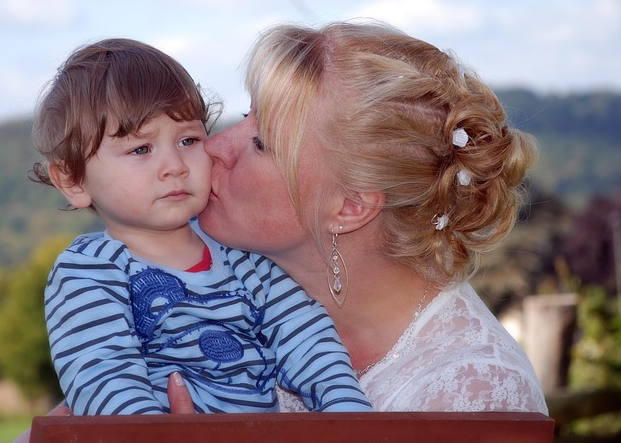 Children are a handful, this is a fact. Parents should start getting suspicious if their toddler never wants to do anything they’re not allowed to do. A child’s brain during the early stages of development is a sponge for information. How parents react to their inquiries, as well as their style of instruction, can dictate their child’s behavior for years.
Children are a handful, this is a fact. Parents should start getting suspicious if their toddler never wants to do anything they’re not allowed to do. A child’s brain during the early stages of development is a sponge for information. How parents react to their inquiries, as well as their style of instruction, can dictate their child’s behavior for years.
When children confront their parents with a request that can be disagreeable, the latter’s most common tactic is to use the word “no.” According to social research papers, a toddler can hear the word “no” up to four hundred times a day. As anyone can imagine, any instruction repeated so often can get tiresome, and hampers the effectiveness of the instruction.
Child psychologists from Compass Family Counseling often find it more productive – when instructing a child about rules and boundaries – to present a positive spin on the instructions. This comes from their experiences with children who enroll in their child counseling programs.
The trap most parents fall into when instructing their children is an expectation that that the latter should follow instructions, period. Children are human, which means they require the same criteria of understanding before they comply with anything. Toddlers are less likely to do anything they don’t want to unless they understand the reason behind it.
People don’t stop at a crosswalk because the red light tells them to; they stop because there’s a good chance they’ll get into an accident if they ignore it. This is the kind of instruction style that a simple “no” will never achieve. It will take a bit more work, but it’s an investment in which people will be giving their children a clear understanding of what they can’t do.
This will lead to less stress on the part of the parents, and more satisfaction on the part of the child who doesn’t feel that they are being treated unfairly.

